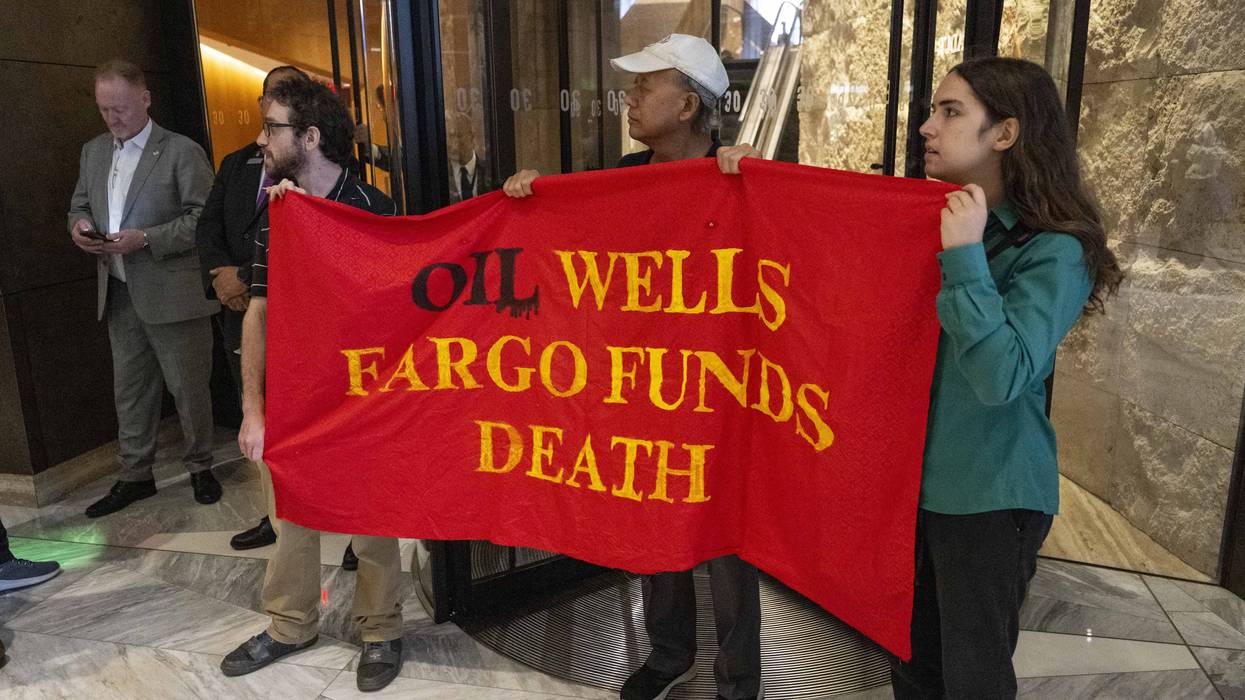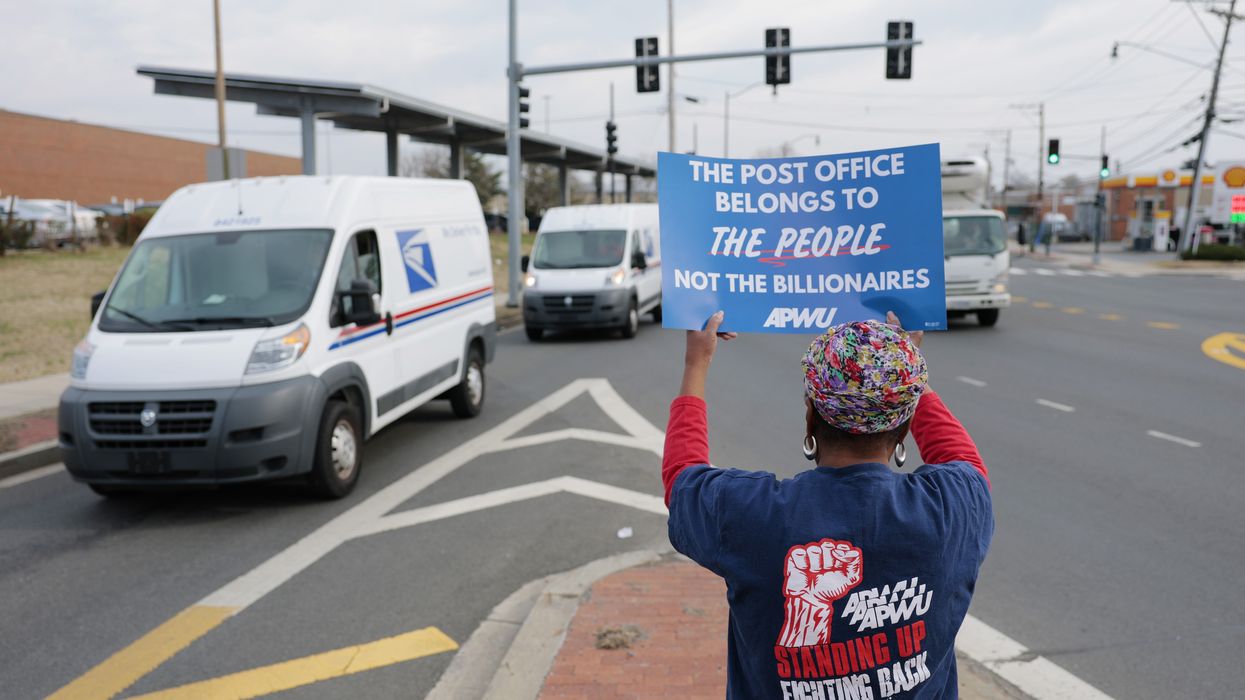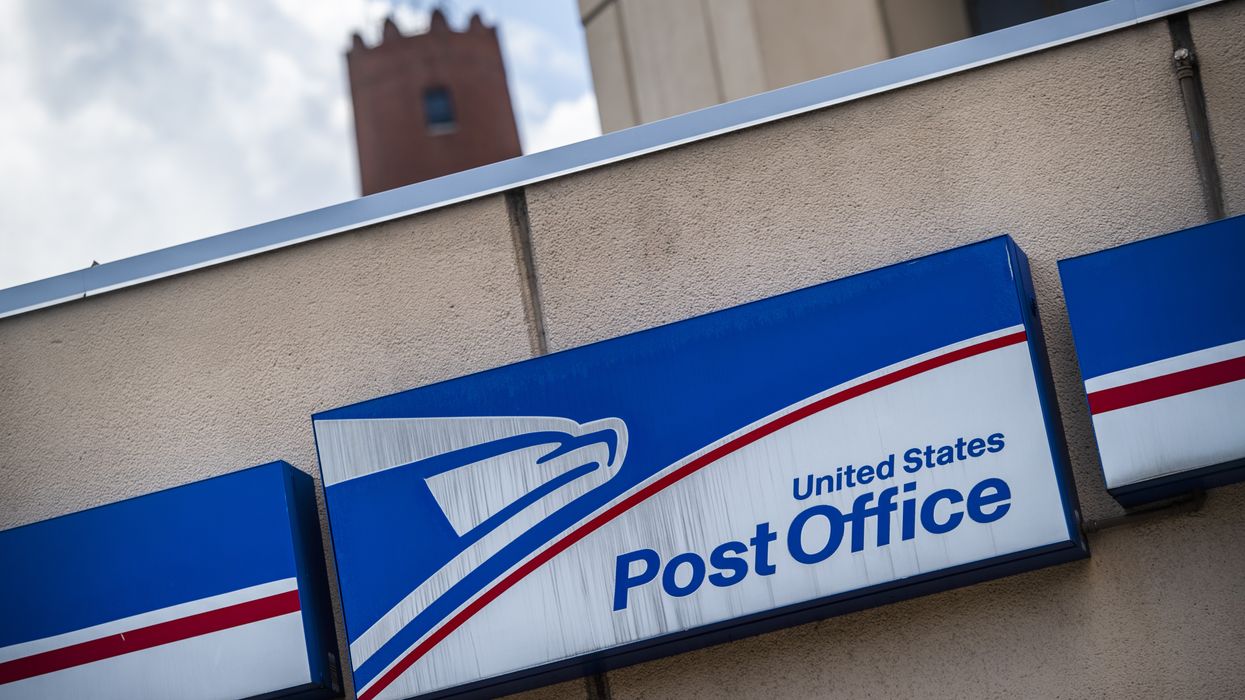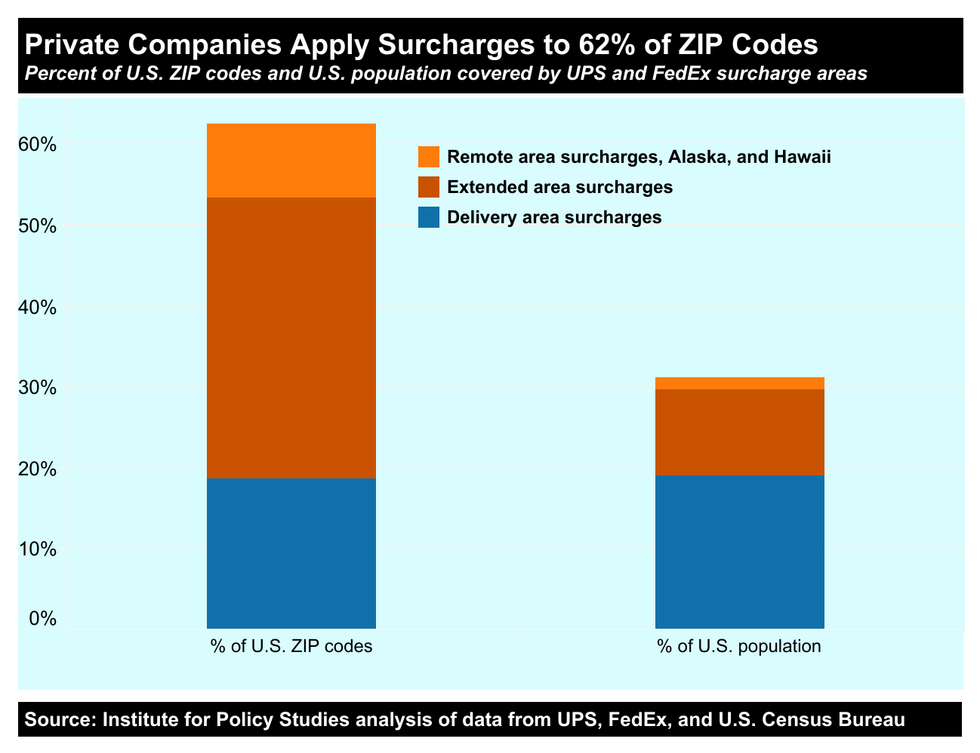Investigative reporting from Rolling Stone caught members of the Texas attorney general’s office boasting about how they had “bullied” Wells Fargo into dropping some of its climate commitments. The officials threatened to pull lucrative business from the bank and even pursue litigation if Wells Fargo did not comply with their pro-fossil-fuel agenda. So comply, it did.
In the same week, the bank ended a policy requiring diversity in senior-level hiring, despite its record of systematic racial discrimination against job candidates. Wells Fargo has long come under fire for racist practices, from millions in fines for charging Black and Latine homebuyers higher mortgage rates to urging shareholders to vote against reporting on workplace discrimination and harassment.
Wells Fargo has done more to advance Trump’s agenda than any other bank on Wall Street. That’s why this summer, we’re holding the bank accountable.
Then, Wells Fargo unveiled to the Trump administration its scheme to privatize the U.S. Postal Service. Their plan includes raising prices up to 140%, mass layoffs of unionized workers while slashing benefits for those remaining, and eliminating the unprofitable “Universal Service Obligation” to deliver mail to all U.S. addresses six days a week. A privatized post office would charge higher prices for worse service, while decimating good union jobs.
Not only is Wells Fargo caving to right-wing pressure, it is actively funding the fascist agenda, from mass deportations to genocide in Gaza. It is currently a lead banker on a $500 million revolving credit commitment to Palantir—a tech company that provides AI targeting technology to the Israeli military as it murders tens of thousands of Palestinians, and signed a $30 million contract with Immigration and Customs Enforcement to develop “ImmigrationOS,” a new immigrant surveillance software. Wells Fargo was also one of the financiers of a $500 million loan to Elbit Systems, a company that makes weapons and surveillance systems for the Israeli military and U.S. Customs and Border Protection alike.
This is not the first time Wells Fargo has funded colonialism and genocide—the bank was a major funder of the Dakota Access Pipeline (DAPL), despite fierce resistance from members of the Standing Rock Sioux and Cheyenne River tribal nations. Indigenous leaders have been fighting to get the pipeline—which is operating without a key permit—shut down ever since.
All the while, Wells Fargo is attempting to undermine unionization efforts, facing over 30 allegations of union busting, including the circulation of anti-union talking points from management, and attempts by senior executives to intimidate organizers. Twenty-eight bank branches have unionized so far, and workers continue to fight staff cuts, low pay, and poor benefits.
Under the helm of CEO Charles Scharf, who rakes in a $30 million salary, Wells Fargo has done more to advance Trump’s agenda than any other bank on Wall Street. That’s why this summer, we’re holding the bank accountable.
We’re demanding that Wells Fargo reinstate its climate targets, stop union busting, back off our public post office, commit to racial equity, and stop financing companies that are engaging in the war on immigrants and genocide in Gaza.
In July, our campaign kicked off with protests at the bank’s New York City and San Francisco offices, including seven activists who were arrested for engaging in nonviolent civil disobedience. The actions were organized by Standing Rock and Cheyenne River members alongside the Palestinian Youth Movement, the Arab Resource Organizing Center, and more than 100 climate activists.
On August 15, we’re planning a nationwide day of actions at Wells Fargo’s headquarters, corporate offices, and branches across the country, to make it clear that the bank cannot bend the knee to Trump without massive backlash.
In San Francisco, scientists and leaders from the Gulf South will shut down their headquarters for the fourth time in as many weeks. In Charlotte, where Wells Fargo has a major corporate office, faith leaders, alarmed by suffering to the planet and disregard for human dignity, will be delivering the message to several branches followed by a prayer vigil. In New York, communities will come together across movement spaces for a rally at Wells Fargo’s sumptuous corporate office building.
But it isn’t just in the cities where Wells Fargo has its corporate offices. All across the country, people will deliver a petition with tens of thousands of signatures to Wells Fargo. You can join an action near you, or sign up to organize an action of your own with support from our organizing team on August 15.
Wells Fargo has responded to pressure before: Following major public outcry, the bank announced in 2019 (during the last Trump term) that it would stop financing private prison companies. With the climate, labor, Indigenous rights, and Free Palestine movements joining forces, we can build the collective power needed to stop the fascist agenda.
Will you join us?





